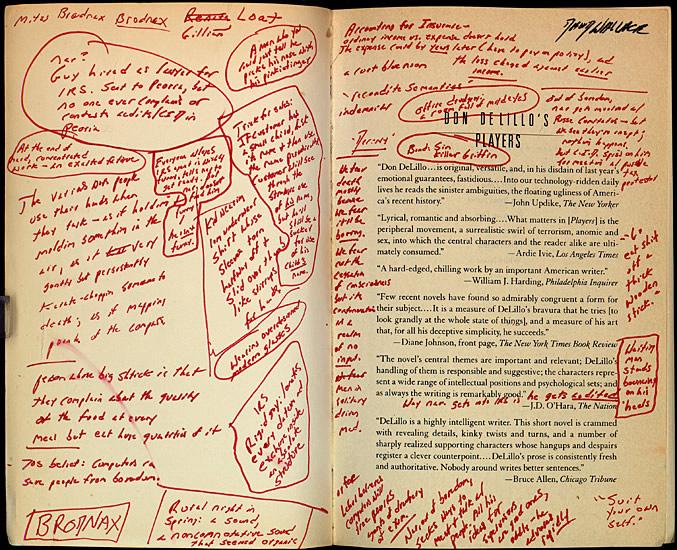by Jane Seitel
She revised the piece
in her twenties—a romance
she couldn’t get right.
It might have been best
never to have begun it
or to have put an end to it
sooner,
but she was stubborn,
shaped by the survivor
gene of a people
who had outlasted worse.
She stored the fragment
in a file marked
margin notes.
The file was blue,
the notes handwritten
on torn out pages
from a legal pad.
Some words were erased
time and again. She wrote
in a cramped cursive,
using a #2 pencil,
its gummy eraser
pink as a tongue—
Words / whole lines
smeared like black mascara.
Then rubbed out. At some point
she lost the file, decades
before the marriage ended.
Clearing out, she found it
wedged between old photos,
timed-out warranties,
expired passports.
She forgot the story.
Her kids, all grown,
moved out. The husband
just shy of their fortieth
left her without so much
as a word.
He’d dashed out
a note—left it
near the sink.
She’d come back
from a trip north.
The note instructed her
to sell the house,
but first she sorted
through leavings.
What he wanted
he took:
a small art collection,
a Whistler nude,
the body a young hers—
an amoebic Miro print &
a pile of dusty vinyl records,
the two obsolete &
humongous speakers,
a midcentury turntable,
its cut diamond stylus
a remnant of the dead
technology. Sifting through
metal drawer files,
she found a riot of papers
& the blue folder, the pencil
she had used decades ago,
its eraser pitch black
& her margin notes,
illegible details
of a fiction,
a failed relationship—
Smudges indecipherable,
choked in eraser dust.
About the Author
Jane Seitel is an expressive arts therapist and often deals with the objects of loss both in recreation and role play. She believes the things in a life have much to tell us, and they inform each person in unique ways. She has an MFA in Poetry from Drew University. Publications include The Florida Review, Prairie Schooner, Lilith, The Journal of Feminist Studies in Religion and others. She lives in Apex, North Carolina.


